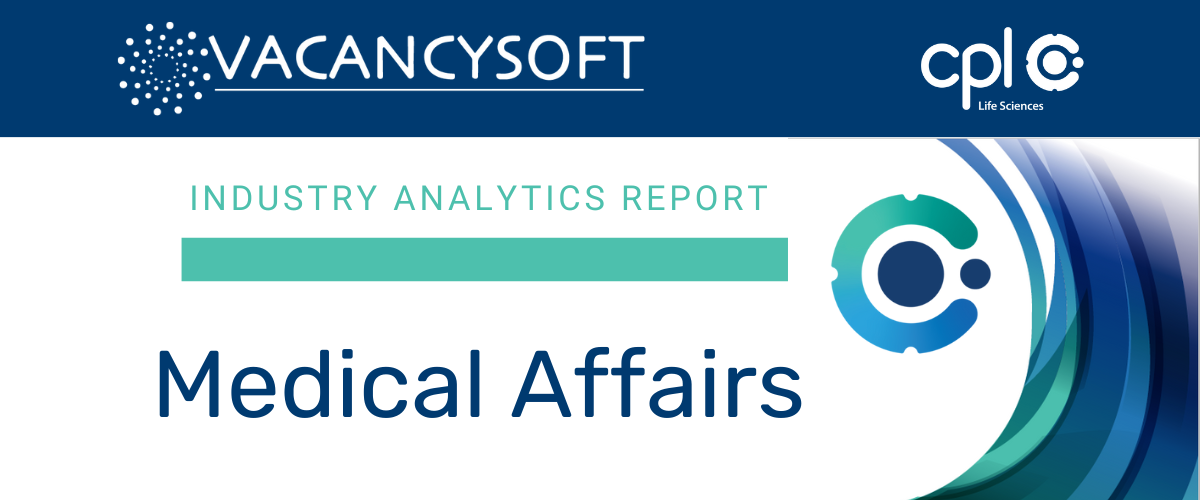Medical affairs, a critical support function of the biopharma sector is also wholly dependent on sectors performance in terms of its own growth. The UK has seen a relatively sharp fall in available jobs within UK medical affairs by over 16% in the first half of 2022. By contrast EEA countries are experiencing 5% growth within medical affair’s vacancies in the first half of 2022. So, what’s going on?
The fact that the UK approved fewer medicines than the EU and US in 2021 is not positive. Recent analysis shows new drugs approved in the UK were only 35 versus 40 approvals in the EU and 52 in the US. Of increasing concern is the negative knock-on effect for the UK’s role in scientific research and development (R&D). Part of the solution here is the need for the regulator to work more closely with the NHS and the National Institute for Health and Care Excellence (NICE).
Interestingly during the Covid19 pandemic, the UK demonstrated how agile the regulator (MHRA) can be with their crucial role in the rapid roll out of the Covid19 Vaccine. The question now must be how we can apply those learns in other areas? It is increasingly important that the UK remains an attractive place for international drug makers to invest in and see the long-term benefit of being in the UK. Pharmaceutical companies must spend more money and face extra paperwork to get new medicines approved in the EU and UK since the European Medicines Agency left the UK. The Brexit effect has created another layer of bureaucracy for drugmakers seeking regulatory consent for new medicines. The question is how the UK adapts and innovates because if the current status prevails, it will be more expensive, time consuming and difficult for drug approval in what is, a smaller market is now. Even though we have a population of 70 million people, it’s still a small market in comparison to the EU and the much larger US market. We are in grave danger of becoming an increasingly minor player in the UK.
The real test will be establishing if this current situation is a post Brexit blip or a long-term trend. Currently the UK has a very strong life sciences research sector. If drugmakers become increasingly disinterested in launching drugs in the UK. The sad reality is the potential knock-on effect on Biopharma and MedTech organisation’s willingness to invest in R&D in the UK. In the 2021 the UK governments 10-year life sciences strategy placed a great emphasis on the MHRA’s ability to “act as an independent, sovereign regulator with great agility and with a focus on getting vaccines, drugs and technologies to patients as safely and quickly as possible”. In the time since Brexit the MHRA has introduced new programmes and partnerships, which aim to deliver faster patient access to innovative treatments. However, life science companies still face considerable uncertainty about whether medicines approved by the MHRA will be made available to UK patients.
It is now imperative that all parts of the system work together to ensure NHS patients can get the latest treatments and that we build better certainty that medicines approved by the MHRA will be made available to UK patients.
For the full report click here
Yvette Cleland - CEO | Cpl UK
